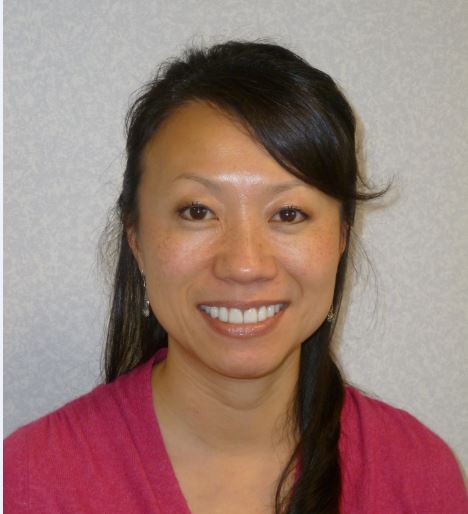Blog
Building momentum on girls’ education
As we reach International Day of the Girl once again, we have a chance to reflect on the progress made on girls’ education and the opportunities and challenges that lie ahead. Last month was significant in this regard (more below!) – and has prompted the Girls’ Education Challenge team and our partners to coalesce around three goals – communication, collaboration and commitment.
We know that we cannot achieve Sustainable Development Goal 4 (SDG 4) – quality education for all – without providing that education to the most marginalised children, who are often girls. However, as one of the largest global funds for girls' education, we can see that whilst there is a significant number of stakeholders with the same overall aim of improving educational opportunities for girls (such as ministries of education, researchers, multilateral organisations, activists, donors, practitioners, youth leaders and girls themselves), there are often different approaches, priorities, perspectives and pressures regarding this overall aim. And because of this, there can be a lack of coherence amongst stakeholders, which can impede progress.
With this in mind, we recently worked with UKFIET to bring together stakeholders from across the spectrum to share their perspectives and opinions on four key areas related to girls’ education: ambition, gaps, linkages and actions. This resulted in our co-hosted event in Oxford, ‘Realising SDG 4: What More Should Be Done for Girls’ Education?’ in September. Our contributors came from the Ministry of Education for Sierra Leone, FCDO, GPE, UNGEI, UNICEF, UNHCR, Universities of Oxford, Cambridge, UCL-IoE, the Malala Fund, Save the Children, Girls not Brides and CAMFED, amongst others.
Discussions were structured so that all participants gave their reflections on the same set of guiding questions, which highlighted differences and tensions, but also demonstrated where there was clear alignment, and thus the need for better communication, collaboration and empathy. Everyone agreed that by having a better understanding and awareness of the different positions and pathways from which other stakeholders come, stronger collaboration and collective action can be had moving forward.
Communication, collaboration and commitment were also themes that emerged during the Transforming Education Summit (TES) in New York, later in the month. TES aimed to refocus donor and country efforts and commitments towards SDG4, which included those regarding girls’ education. Over 65 Ministers of Education and all major donors, funders and multilateral organisations were represented. There were also a number of practitioner and implementing organisations, research organisations, and dynamic youth activists taking part.
Discussions were thoughtful and substantive. High-level speeches were explicitly mixed with grass-roots stories. The tone of the UNGEI’s Feminist Coalition side event, for example, was one of authentic and genuine care for gender equality in and through education. Grass-roots stories of girls’ lived experiences came from Cambodia, India, Trinidad & Tobago and Sierra Leone. UNICEF’s side event also entailed a wonderful mix of global-level and country-level activist speakers, and the event was used to propose the idea of a girls’ education accountability mechanism that will:
• capture progress on girls’ education in-country
• illustrate gaps in investment and/or implementation
• provide evidence regarding innovations and actions on girls’ education
Given the energy and meaningful discussion that was had in both Oxford and New York - and in our follow up webinars - it is clear that we are better together. Everyone aiming to strengthen educational opportunities for girls, including girls themselves, can drive greater sustainable change as a whole, rather than as separate organisations or individuals working alone.
We saw evidence of this coherence at TES, but we are also aware that organisational structures and competition can be tough habits to break. Rest assured, the GEC will keep reminding everyone of their answer to ‘what more needs to be done for realising SDG 4?’ - communication, collaboration and commitment – in order to truly speed progress for girls’ education, now and into the future.
WATCH OUR NEW VIDEO HERE
